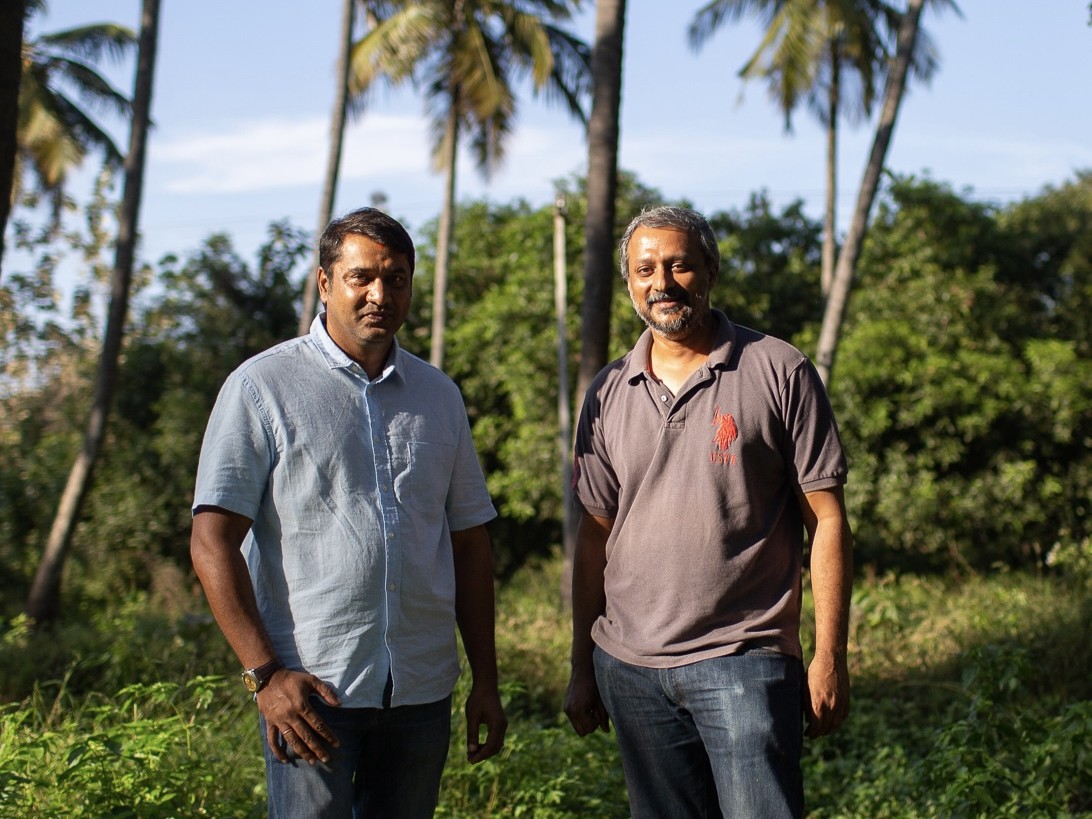Farewell post from John Bloom, Vice President of Organizational Culture
One’s development doesn’t stop for outer reasons if life is one long inquiry. Change is inevitable and it is important to recognize its value. Given that as an individual I am a work in progress, it seems both surprising and a bit unnerving that I am writing a blog post on a personal change: to bid farewell as a member of the RSF Social Finance staff. Some of my colleagues call it “stepping up and stepping back.” This transitional moment formally marks a turning point in my process of tending to the emergent. I am mindful of what awaits as possibility and challenges, and I am mindful as well of what I am leaving behind—specifically, a work community of extraordinary people and a way of working with finance that imagines an expanding and evermore just economic community.
My place in all of this over the last nearly twenty-three years has been as a culture holder including: attending to each individual, sometimes supporting messy processes of transformation, and then reflecting on and back to staff the reality of the “spaces between everything” by way of being a learning community. In some ways this last function is the most challenging, important, and invisible. It is certainly not cost effective. However, it served as a way for everyone in the community to know that their development as people was equally as important as their performance and function in the organization.
As a culture bearer, I have initiated such approaches to economics as the Transforming Money Network, Conversations on Money, Race and Class, Intuition and Money, Money and Biography, and most recently Money and the New Community. These have been and are where some of the essence of RSF has informed and been experienced by many outside of RSF’s offices. Clients and new friends alike have engaged with their relationship to money in the community context—all in service to transformation. I particularly want to thank the colleagues current and former who helped make these gatherings happen.
RSF’s not only provides financing to organizations that are doing innovative social work in the world, it has also been committed to accompanying those organizations through thick and thin with advisory work. I really cannot count the number of organizations, particularly Waldorf schools and biodynamic enterprises, with whom I have visited, advised, sometimes coached, all in support of their success. In this I was mentored early on by two people, Siegfried Finser and Ann Stahl, who had both been part of RSF at the start. Knowing that RSF was going to broaden in scope and would need someone on staff who could attend to RSF’s internal changes and provide some further advisory work, RSF, then under CEO Mark Finser, supported my participation in an extensive and profound consultancy training with Aaron Stern and the Academy for the Love of Learning. That training still nourishes me and also inspired RSF’s Leadership and Personal Transformation Intensives which I was able to offer RSF staff for over 6 years. Successor CEO’s, Don Shaffer and Jasper van Brakel, continued to support the role of organizational culture which allowed me the grace to recognize a need for change which I indicated nearly a year ago.
All of this work, this deep engagement with people in service to transformation has also been a research project. I am sure I learned as much from others as they may have learned from me. I am very sure that whatever wisdom emerged from those processes was actually a gift of insight from the spiritual world. Based on much of that learning, my continuing inquiry into how money works as an inner personal experience, and gleanings from public workshops on money, governance, fundraising, and economic thinking, I was able to write a lot. That time was supported in part by AnJel Fund, to whom I am grateful. Blogs, articles, and presentations resulted in two published books devoted to questioning the assumptions we make about our relationship to money and how we work together in organizations that center the reality of being human and call on people’s inherent wisdom about what healthy organizational practice looks like. I will say that, despite all my best efforts to understand what work is and to articulate that labor is not a commodity and that you cannot value human beings by putting a price on their labor, the issue of compensation remains the most stubborn and intractable. It is as if the need to pay for labor and to “earn what you are worth” is a prevailing barrier to recognizing that human beings are actually spiritual in nature, even as we work in the material world. This last guiding thought was really at the heart of why Rudolf Steiner Foundation, later renamed RSF Social Finance, was birthed.
The presence and consciousness of the spiritual nature of the human being is what first drew me to RSF. It has sustained my interest and inquiry over the last nearly twenty-three years and I know it will sustain me into the future. I also believe it has been the key to RSF’s success and organic growth in assets and reputation since its founding. Mindful of that, my wish for RSF’s future, whatever shape it takes, is that this consciousness of service, not only in meeting real financial and philanthropic needs, but also in service to an invisible but still very real spiritual world, continue to resonate and speak of values, even if the mission, practices, and language change. So, farewell to RSF Social Finance colleagues, clients, and friends. Know that the work is not done.
John Bloom
© 2020


